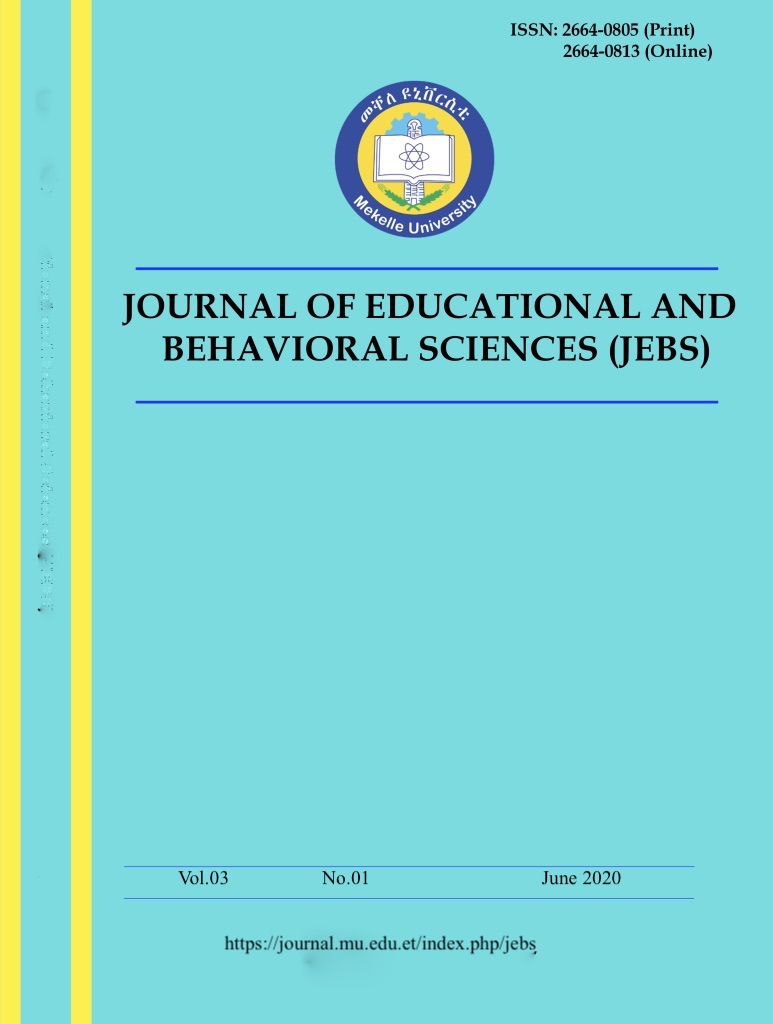Institutional Diversity in Higher Education: Factors, Benefits and Challenges
Keywords:
Higher education, Horizontal diversity, Institutional diversity, Vertical diversityAbstract
Democratization and higher education (HE) massification, nations’ desire to cope up with the global knowledge-based economy, accompanied by the position of powerful global neoliberal forces and regional organizations have made HE institutional diversity a growing common phenomenon across the world. This paper tries to elaborate the various notions related to and the rationale for as well as the driving and inhibiting factors, and the impacts of HE institutional diversity based on the pertinent literature. The discussion shows that, although the driving and inhibiting factors vary from country to country, there are some communalities. Also, it demonstrates that, though HE institutional diversity has several benefits such as increasing access and promoting excellence, it can pose challenges such as reinforcing socio-economic inequality, fostering institutional isomorphism and fragmentation of coordination in the sector unless properly managed. The paper concludes by raising some important issues that deserve attention by policy makers and researchers alike.


